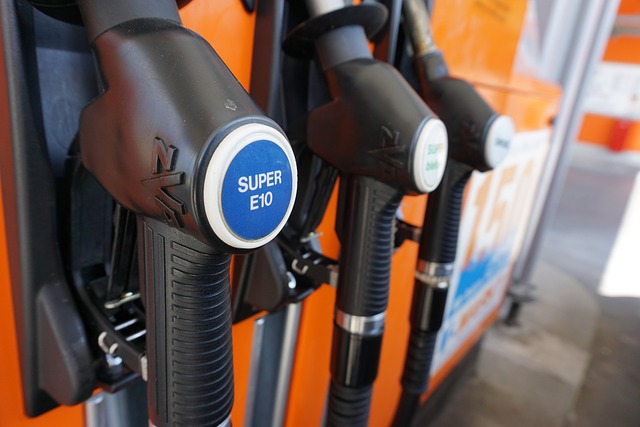The prices of heating fuels such as propane, natural gas, and fuel oil are volatile, with forecasts indicating an upward trend for the upcoming winter season. However, several options are available to businesses that purchase these fuels to help reduce costs and save money in crop production. Let’s explore them.
Natural Gas
Natural gas is known for being the most affordable fossil fuel. Thanks to advanced production technologies such as fracking, firms are growing their pipelines to reach new customers and provide ample supplies.
The natural gas cost is determined by various factors, including charge of the customer, demand cost, distribution cost, warehouse, and gas cost. The customer fee is a monthly fee that covers the installation and maintenance of gas mains. The demand cost per month is based on the maximum daily usage during the colder months of December to February. Even with zero gas use during summer, you pay for this demand, which can be higher than double the therm cost. The additional charges depending on the amount of fuel bought.
Next idea is installing double-fuel boilers to burn natural gas or fuel oil. These usually comprise two individual burner divisions that can accommodate in a firebox. Switching from fuel to fuel takes just some minutes and can reduce the high demand charge associated with natural gas. You can also bundle your natural gas purchase via a supplier that purchases gas at the least price, manages transmission, warehousing, and delivery, and helps with load balancing to prevent penalties.
It can help you further reduce the cost of natural gas.
Propane
When it comes to propane, it’s important to note that it’s sold by the gallon and uses less heat compared to natural gas or fuel oil. Specifically, propane has about 10% less heat than a therm of natural gas. Propane suppliers typically offer pricing deals and delivery opportunities that are similar to those offered by fuel oil suppliers:
Check out the various plan available:
Market price: The price is charged as per the daily rate. During the summer, the price can increase.
Pre-purchase: During the heating season, suppliers offer plans that enable businesses to pre-pay for half or full fuel they will need. It allows businesses to take advantage of the low demand between July and August when fuel prices are typically the least expensive. By pre-paying, businesses are protected from potential price increases during the heating season.
Fixed price: The price doesn’t surpass the fixed price for the summer.
Budget plans: A full-fledged amount is paid at the year’s end.
Propane tank rental: By purchasing a minimum quantity of propane per year, propane firms will provide you with propane supplies for your greenhouses. However, it means you have to pay for a delivery, hazmat, tank maintenance, and other additional things, and buy the propane you need from them at a higher cost. If you choose to purchase your tanks, you can typically enjoy a significantly lower gas price and have the flexibility to purchase from the company’s choice.






